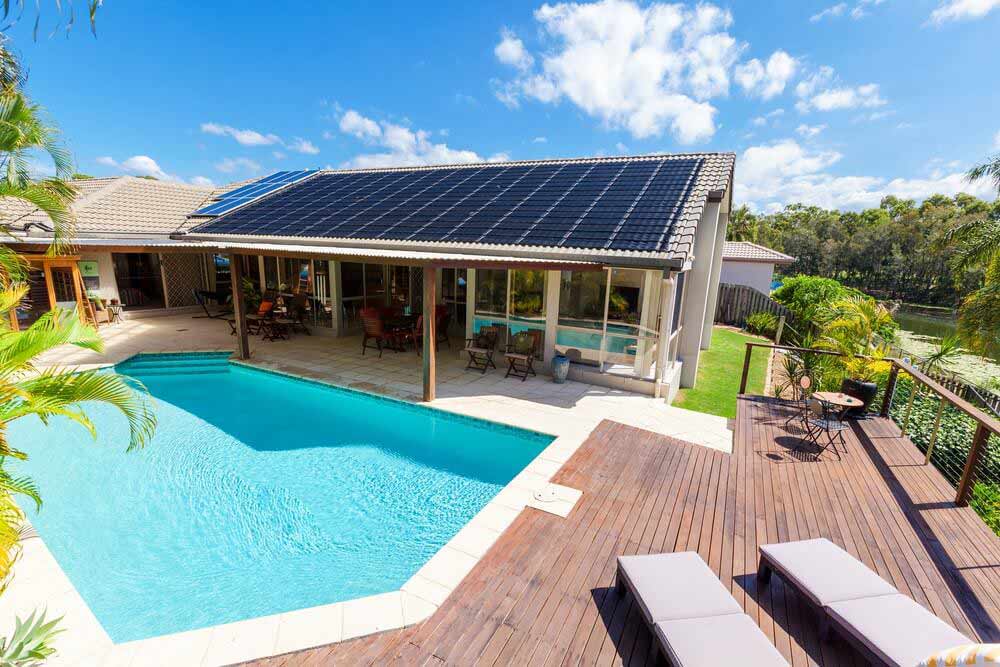Are Solar Panels Covered by My Homeowners Policy?

More Americans than ever are turning to solar panels to generate sustainable energy for their homes and businesses. The environmentally friendly, renewable resource provides unparalleled efficiency and savings compared to the traditional power grid.
From 2008 to 2018, solar panel installation in the U.S. has grown from 1.2 gigawatts to 58.3 gigawatts, according to the Solar Energy Industries Association. That’s more than a 4,750% increase and it’s enough capacity to power more than 11 million homes in the U.S.
If you’ve already purchased, or are considering purchasing, solar panels, you’re probably wondering whether they’re covered under your homeowners insurance policy. We’ll get to that in a second.
First consider that, despite the positive outlook about solar panels, they are still a relatively expensive investment. Depending on the size of your home or business, rooftop solar energy systems can easily cost more than $35,000.
However, prices have decreased about 50% since 2010, so the average homeowner can install a system for about $20,000. You may come across local utility companies offering incentives and subsidizing up to 50% of the total cost, which could drop the price to $10,000. Solar panel grants for homeowners exist as well, so be sure to check which ones may apply to your situation.
The additional cost of a solar energy system will drive up the price of your home and, in turn, drive up the amount of coverage you need on your homeowners insurance policy.
As long as the solar panels are attached to your house, they’re likely covered by the dwelling portion of your homeowners insurance policy with Universal. Of course, coverage only kicks in if they were damaged or destroyed by covered perils.
If you’re thinking about installing panels on your home and already have coverage with Universal, contact your agent to ensure you take all necessary steps to protect them. Make sure you increase your dwelling coverage to reflect the added value solar panels bring to your home.
The editorial content on Universal Property’s website is meant to be informational material and should not be considered legal advice.